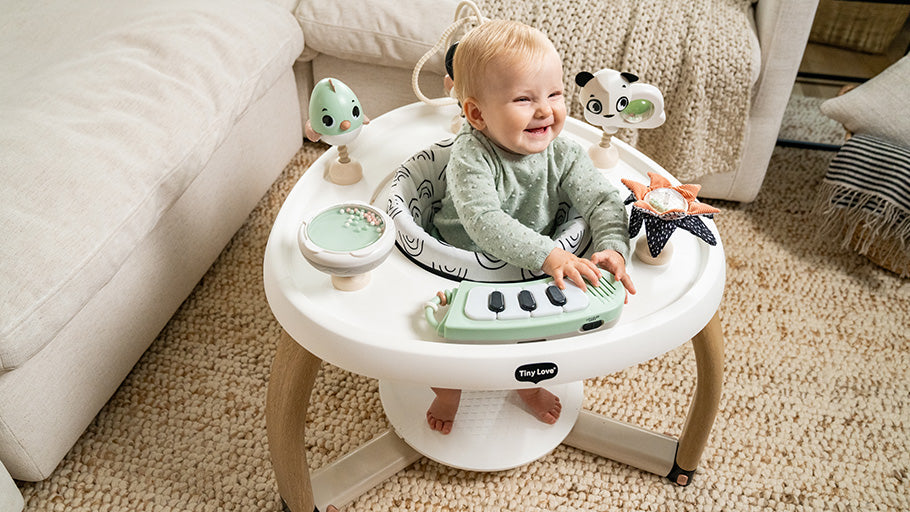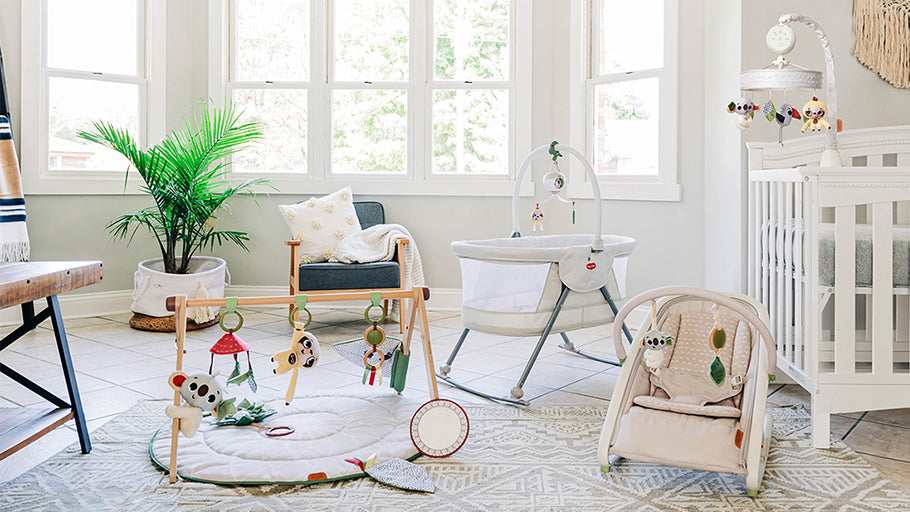A World of Words
These six months are marked by rapid development of your baby’s vocabulary and his grammatical ability to form basic sentences. New words every day, two-word sentences and much more await you during this exciting period.Telegraphic Speech
Your toddler’s language skills are developing quickly and on any given day, you may be treated to several new words. By the time your toddler is two, he may have a vocabulary of between 50 and 70 words. Your baby begins putting together two-word sentences that clearly express intent, like “Mommy food!” He may leave out prepositions, verbs and adjectives, but still manages to communicate his message very clearly (perhaps a little too clearly at times…). This shortened form of verbal communication speech is known as telegraphic speech. You still need to be especially attentive to your baby’s gestures and facial expressions to understand what he is saying. “Mommy food!” could mean “Mommy, I’m hungry and want to eat,” or “Mommy is preparing food.”‘Please Don’t Let me be Misunderstood’
Towards the end of his second year, your baby can tell if he is understood or not. When he feels he has failed at getting his message across, he will try to correct the situation. Pay close attention to these instances when he searches for new ways to communicate an idea and make sure to encourage his attempts to explain himself again –especially when he is visibly frustrated by being misunderstood.
Milestones
- Identifies familiar objects in picture and animal sounds.
- Fulfills complex commands that contain two objects, like put the ball on the table.
- Enjoys children’s songs and tries to join in.
- Understands up to 200 words and uses between 50 and 70 words.
- Asks questions and constructs short sentences of two words or more and approximately half of what he says is easily understood.
- Refers to himself by name.
Tiny Tips
- Speak to your child as much as possible
- Let her to finish her thoughts and do not push her when she is stuck or complete a sentence for her.
- Expand on her thoughts, i.e. if she says “flower” and points to one, respond with “Yes, that’s a flower, a red flower.”
- Do not correct your child’s choice of words or if she makes a mistake. If she says “nana” ask her if he would like a banana, etc.



